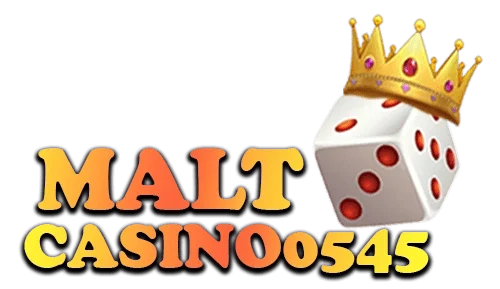When the PSP debuted, it challenged the idea that handheld gaming had to be simple. Until then, portable systems were often seen as secondary platforms, unable to match the depth of home consoles. Sony’s handheld flipped that notion on its head, offering PSP games that delivered full-fledged slot experiences. Even today, many fans argue that some of the best games of the PlayStation legacy were found not on television screens, but in the compact frame of the PSP.
One of the standout titles was Crisis Core: Final Fantasy VII, which provided a deeply emotional prequel to one of the most celebrated RPGs ever made. It wasn’t a stripped-down version of a console game—it was a masterpiece in its own right. Metal Gear Solid: Peace Walker achieved similar acclaim by offering a complex tactical adventure on a handheld device. Meanwhile, Monster Hunter Freedom Unite turned the PSP into a social hub, with groups of players gathering in parks, cafes, and classrooms to tackle enormous creatures together. These PSP games weren’t just impressive for their hardware—they were genuinely among the best games of their time.
Equally important were the experimental titles that thrived on the handheld. Patapon blended rhythm and strategy, while LocoRoco turned physics into a joyful playground. These quirky but memorable titles demonstrated that PSP games could be both innovative and accessible, adding variety to a library already rich with blockbuster experiences. In their creativity, they reinforced Sony’s reputation for producing some of the best games across any platform.
Today, nostalgia for the PSP runs deep. While newer consoles like the PS5 deliver stunning graphics and cinematic storytelling, fans still look back on PSP games as treasures. They proved that portable gaming could be ambitious, heartfelt, and unforgettable. In the ongoing debate about the best games of all time, PSP titles continue to earn their rightful place alongside the giants of PlayStation’s console history.
